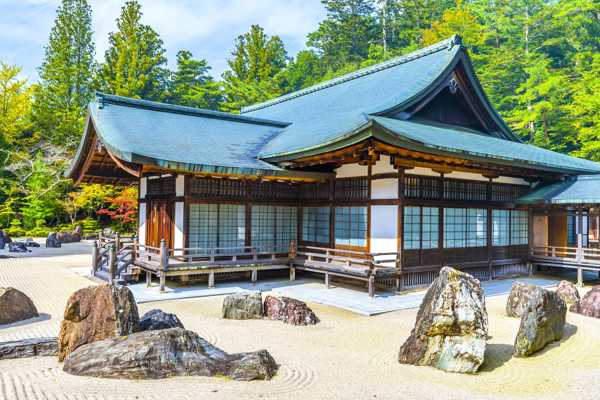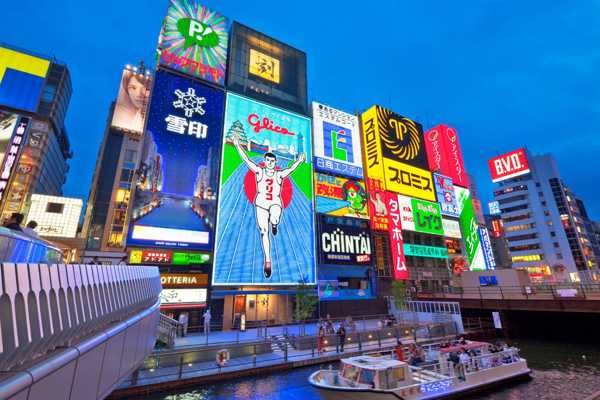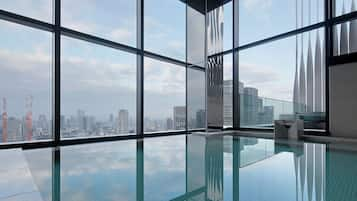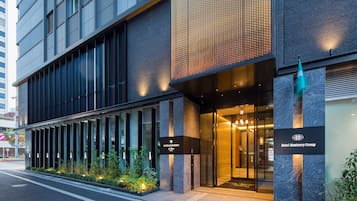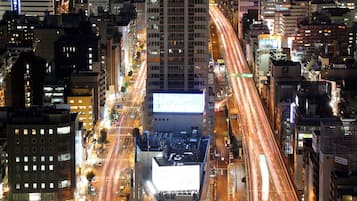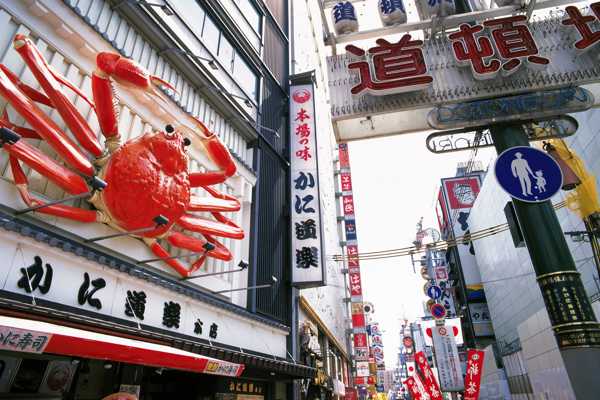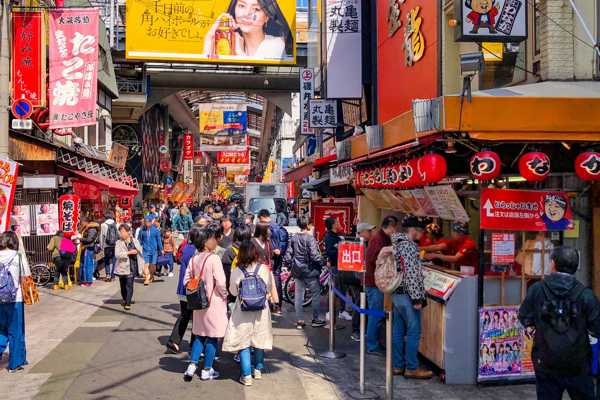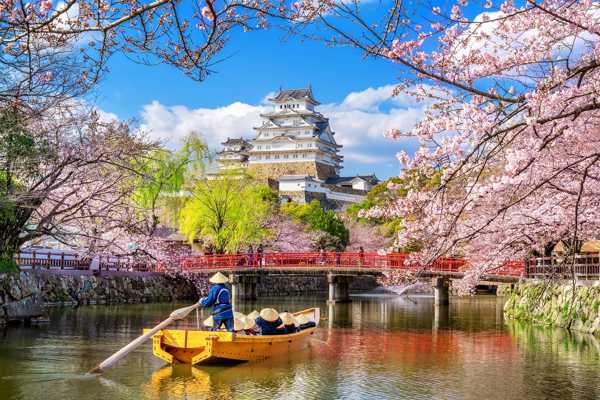This list of mistakes to avoid in Osaka cover many situations you’ll likely find yourself in when visiting Japan’s bustling 2nd city. From how to handle yourself on public transport to what to do when out and about at night, we have plenty of first-hand tips and tricks to share.
While foreign visitors aren’t expected to know all of these faux pas, it will help you navigate Osaka if you’re aware of what not to do on your trip.
- 1
Don’t arrive late
Punctuality is highly respected in Osaka (and the rest of Japan)

People in Osaka are punctual in all aspects of life. This is most important when it comes to work, but you should pay attention to this fact when it comes to dinner reservations, leisure activities and public transportation plans.
If you do find yourself running late, it’s a good idea to apologise to your Japanese acquaintances by saying gomen nasai (I’m sorry). This simple gesture will go a long way.
- 2
Don't make phone calls on the train
And keep it on silent mode

The subway system covers most of Osaka and will likely be your main mode of transportation, so it’s a good idea to learn about the dos and don’ts. Firstly, keep your phone on silent mode and try to avoid long phone calls that could disturb other passengers.
Other etiquette tips include not eating or drinking on trains in Osaka and not leaving litter – although this is just as important off the train as on it.
- 3
Don’t blow your nose in public
Excuse yourself and make a trip to the bathroom

We're not sure of the origin of this cultural oddity, but you'll probably encounter it if you spend long enough in Japan. It's considered rude to blow your nose in public. On trains, you'll hear people sniffling rather than blowing their nose. If you want to avoid this cultural faux pas, take a trip to the bathroom to clear your nasal passages.
- 4
Don’t expect to find ATMs on every corner
Withdraw a bit more than you usually would back home

It’s a noticeable fact that there are fewer ATMs in Osaka than you can typically find in most other cities in, say, Europe or the US. The obvious solution to this is to withdraw a little more cash than you would when you’re back home. You can also rely on your credit card in shopping malls and most restaurants.
But don’t rely on credit cards when visiting local attractions or small shops in Osaka, as you may need to pay cash. This is especially true if you visit small villages in Osaka Prefecture – always have some cash handy.
- 5
Don't stand on the left side of the escalator
Right is for standing, left is for walking

There’s no better example of how willingly the Japanese follow the rules than their use of escalators. As is customary in many cultures around the world, different sides of the steps are intended for people who want to stand and people who want to walk. But in Japan, this is done without exception. In Osaka, the left side of escalators is for people in a hurry who want to walk up the stairs and don’t want to be slowed down.
However, if you travel north to the Kanto region of Tokyo and Yokohama, this convention is the opposite way around and the right side of the escalators is used for walking – don’t ask us why.
- 6
Don’t go to Universal Studios on a weekend
It gets very crowded
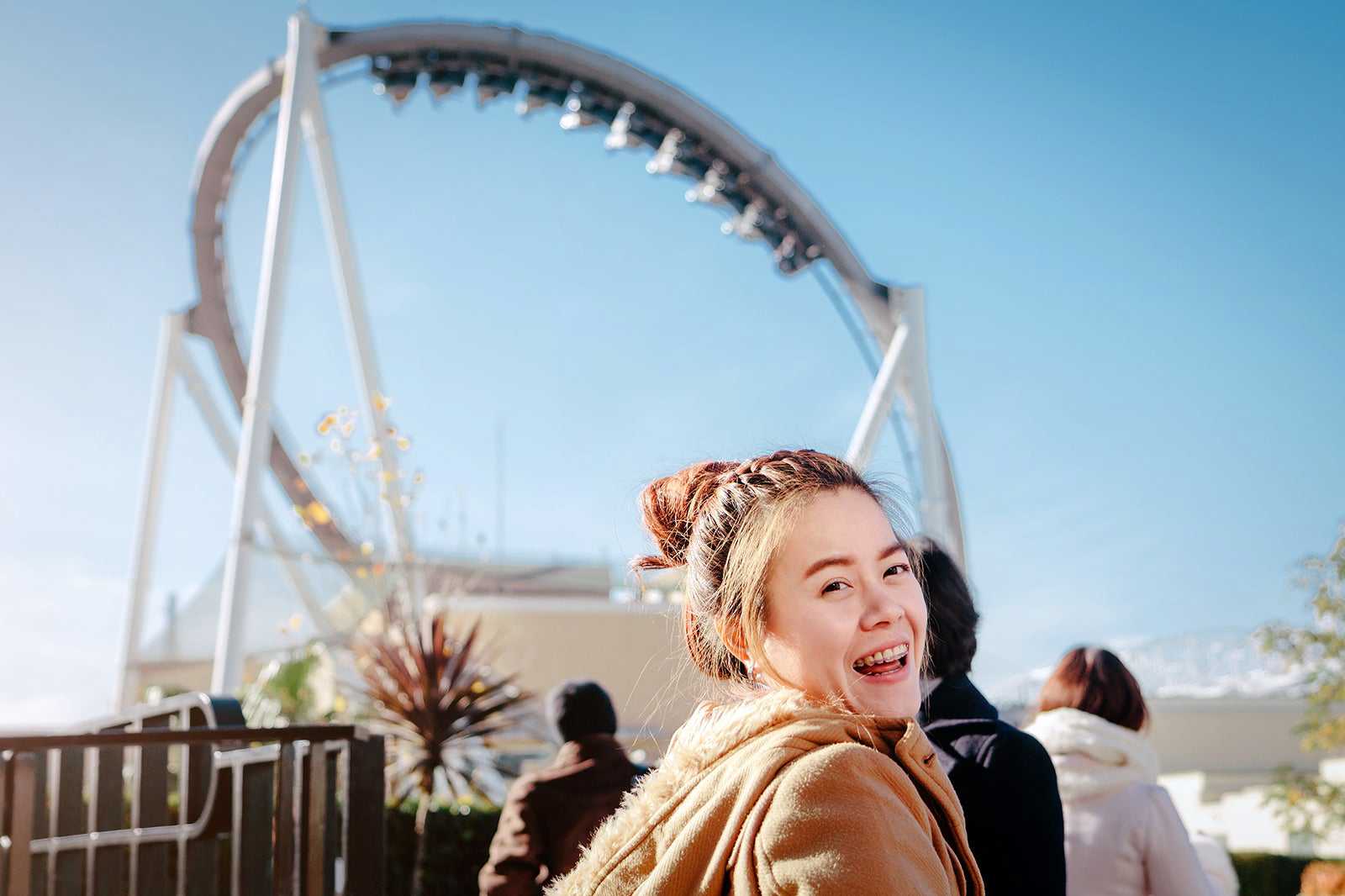
Universal Studios Osaka is one of the most visited attractions in Japan’s 2nd city, and as you can imagine, it gets extremely crowded. If you visit on weekends or public holidays, you should expect huge crowds and very long queues for rides.
If you’re visiting Osaka on vacation, it’s a much better idea to visit Universal Studios on a weekday. This way, you can enjoy all rides on offer, and – if you arrive early enough – you might even have time to enjoy your favourite rides twice.
- 7
Don’t eat while walking
And especially if you are riding a bicycle

In Japan, it’s considered rude to eat while you’re walking. And we’re not talking about bowls of ramen. Even eating an apple while walking along with your Japanese friends will probably look a bit strange to them.
It’s a much better idea to stop somewhere to enjoy your snack before continuing your journey.
- 8
Don’t wear your shoes indoors
Take them off at the door

In many cultures, taking off your shoes before you enter a house is common practice, and it’s absolutely expected in Japan. It’s also true when you step on tatami mats at restaurants or hotels – it’s considered rude to step on tatamis with shoes.
Typically, you’ll find a shoe rack and a row of slippers intended for indoor use close to where you should take your shoes off.
- 9
Don’t wear swimwear in an onsen
It’s compulsory to go au naturel

Onsen (hot springs) are public bathhouses where you can go to clean your body and relax in the geothermally heated water. This practice is much loved in Osaka, but you should follow the rules if you want to enjoy it too.
Onsen are separated by gender, and no one wears swimwear – going nude completely normal in an onsen in Osaka. It’s also important to clean your body thoroughly before you enter the hot spring. Not doing so would be discourteous to other bathers. You should be aware that some onsen will not allow guests with tattoos. If you have ink on your body, it's a good idea to contact them ahead of time to check if you're allowed to enter.
- 10
Don’t pour your own drink in an izakaya
It's good etiquette to pour drinks for your fellow diners

When drinking at bars or izakayas in Osaka, it’s considered good manners to pour drinks for your fellow diners.
Most Japanese people would never expect you to adhere to this social custom. If you do so, you can expect some definite kudos and lots of gratitude. And once you have poured the drink, finish it off with a loud kampai! (“cheers” in Japanese).


